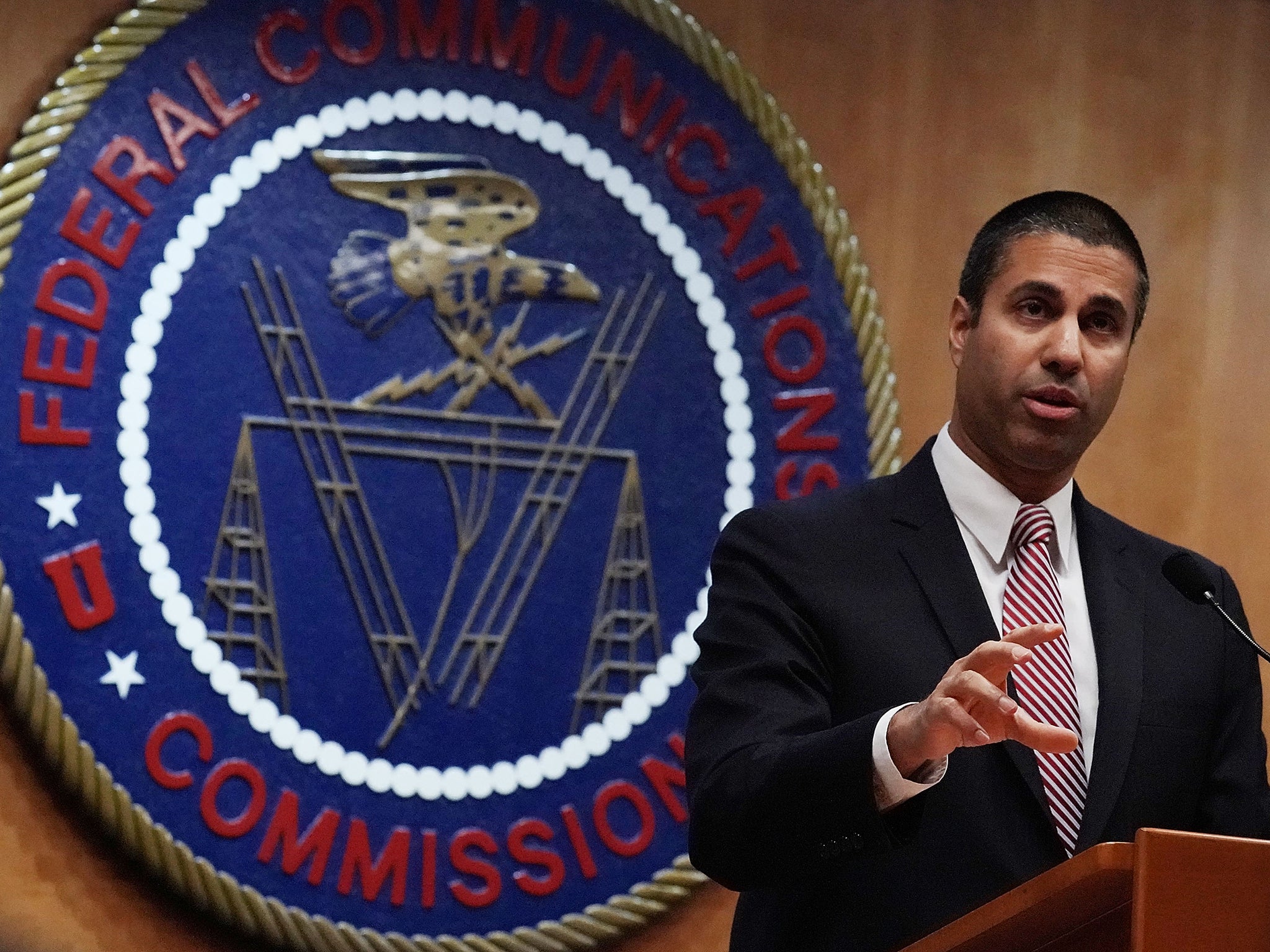Hawaii missile alert: Federal Communications Commission launches full investigation
'Emergency alerts are meant to keep our families safe, not create false panic. We must do better'

Your support helps us to tell the story
From reproductive rights to climate change to Big Tech, The Independent is on the ground when the story is developing. Whether it's investigating the financials of Elon Musk's pro-Trump PAC or producing our latest documentary, 'The A Word', which shines a light on the American women fighting for reproductive rights, we know how important it is to parse out the facts from the messaging.
At such a critical moment in US history, we need reporters on the ground. Your donation allows us to keep sending journalists to speak to both sides of the story.
The Independent is trusted by Americans across the entire political spectrum. And unlike many other quality news outlets, we choose not to lock Americans out of our reporting and analysis with paywalls. We believe quality journalism should be available to everyone, paid for by those who can afford it.
Your support makes all the difference.A full investigation into a false emergency alert which warned a ballistic missile was heading for Hawaii, according to the chairman of the US Federal Communications Commission (FCC).
Residents received alerts to their phones at about 8.07am local time on Saturday saying "Ballistic missile threat inbound. Seek immediate shelter. This is not a drill".
The message was also broadcast on television and caused utter panic on the islands before the alert was cancelled about 38 minutes later. Hawaiian Governor David Ige later told reporters an employee of Hawaii's Emergency Management Agency mistakenly "pressed the wrong button" during a shift change.
The high-stake alert came just days after the FCC chairman Ajit Pai said the commission would vote to enhance the effectiveness of wireless emergency alerts, which have been in place since 2012.
Mr Pai said on Twitter the commission was launching a full investigation into the false emergency alert that was sent to Hawaii residents.
FCC Commissioner Jessica Rosenworcel added the commission had to find out what went wrong. Writing on Twitter, she said: "Emergency alerts are meant to keep us and our families safe, not to create false panic. We must investigate and we must do better."
She praised the people of Hawaii for being "graceful and resilient" and added: "But I also know they never should have endured this false alert today. And I know like them I will hold my children a little bit closer tonight".
The FCC is working to better target alerts to impacted people and is due to vote this month on a proposal to "more precisely target these alerts to affected communities".
In a statement earlier this week, FCC chairman Mr Pai said the improved alerts will "lead Americans to take more seriously the alerts they receive on their mobile devices".
Since 2012, the Wireless Emergency Alerts system has been used more than 33,000 times to warn people across the country of severe weather, evacuation orders, shelter-in place alerts and Amber Alerts, the FCC said in a report this week.
Hawaii officials apologised repeatedly for the incident and Hawaii Emergency Management Agency Administrator Vern Miyagi said: "we made a mistake".
Governor Ige vowed that changes would be made and that this would not happen again.
"I am sorry for the pain and confusion it caused. I, too, am extremely upset about this and am doing everything I can do to immediately improve our emergency management systems, procedures and staffing," he said.
With the threat of missiles from North Korea in people's minds, the government reintroduced the Cold War-era warning siren tests last month which is expected to warn of a potential missile strike.
Although nearly 93 percent of the state's 386 sirens reportedly worked properly, 12 mistakenly played an ambulance siren. At the tourist mecca of Waikiki, the sirens were barely audible, prompting officials to add more sirens there and to reposition ones already in place.
Mr Miyagi told reporters that none of the sirens should have sounded because they run on a completely different system and would be initiated by a separate individual, NBC reports.
He added that his team planned to investigate the issue and produce a report on the incident.
Join our commenting forum
Join thought-provoking conversations, follow other Independent readers and see their replies
Comments